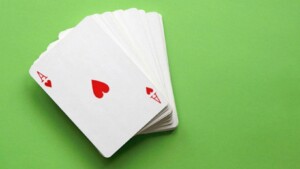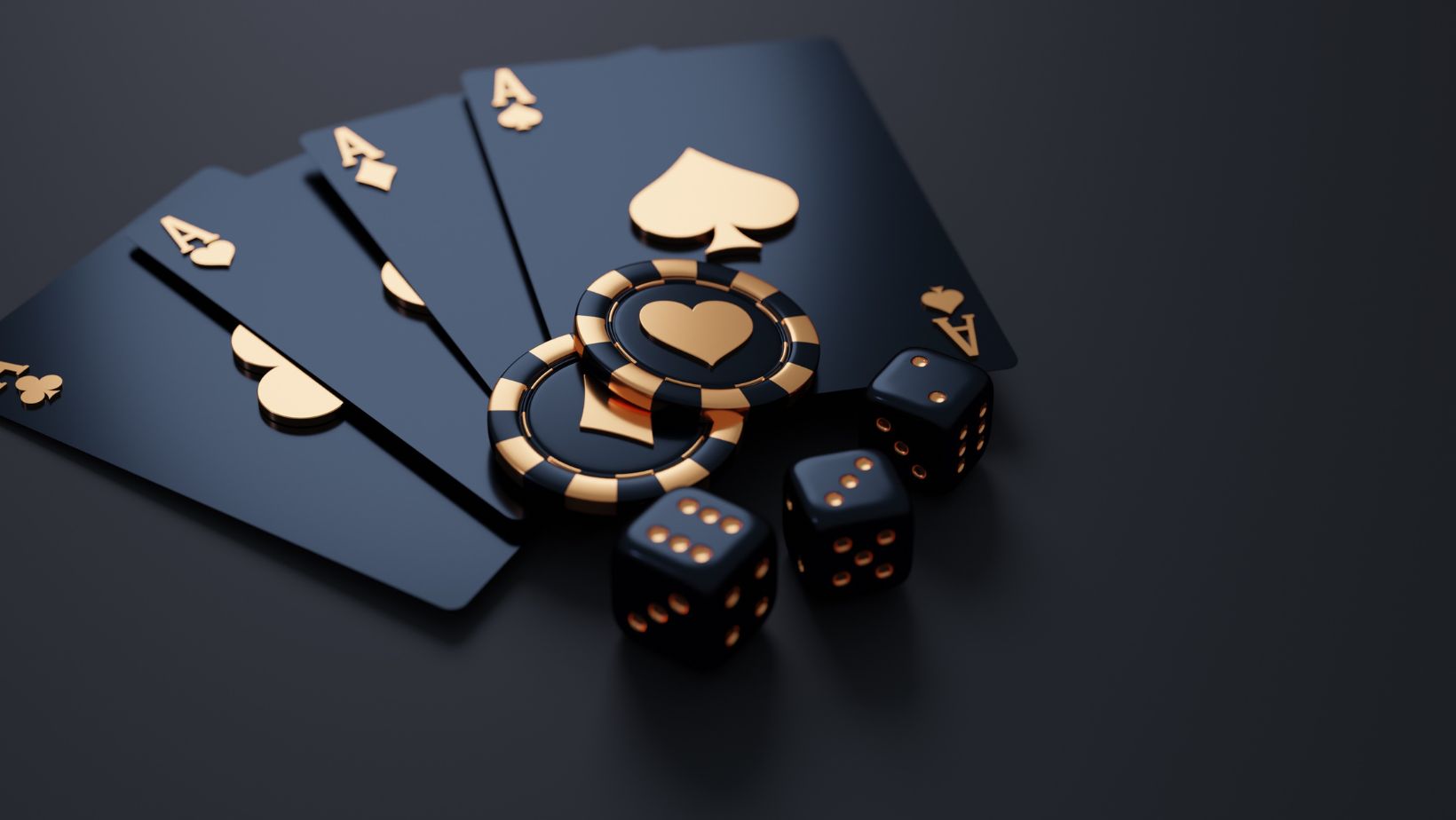 Among casino games, blackjack obviously holds a place among the most popular. It is just as popular online as it is offline, and it has, of course, remained the subject of debate: is it a game of skill or pure chance? The answer has divided legal scholars for years, with most settling on the fact that it is a blend of both.
Among casino games, blackjack obviously holds a place among the most popular. It is just as popular online as it is offline, and it has, of course, remained the subject of debate: is it a game of skill or pure chance? The answer has divided legal scholars for years, with most settling on the fact that it is a blend of both.
However, even if nobody can agree on how much blackjack depends on skill or luck, it is evident that it is a game of mathematics and understanding probabilities. Importantly, that is just as true when playing blackjack games online as it is when you visit a land-based casino to place your bets in person.
Of course, there are differences between online and in-person blackjack. Yet, it is important to appreciate that the former has strived to replicate the latter ever since the first online casinos were launched in the 1990s. By replicating, we mean that the probabilities are designed to be the same.
Online blackjack games mimic real-world probabilities
To explain, consider the house edge of blackjack. It is usually measured at somewhere around 0.5%, making it one of the casino games with the tightest margins for the house. At online casinos, virtual blackjack games will usually work on an RNG (random number generator) that designs an RTP (Return to Player) rate of around 99.5%, effectively mirroring the house edge of real blackjack games. Of course, there are exceptions, but this is generally the case. Thus, on paper, playing at an online casino would be expected to pay back the same amount over time as playing in-person blackjack.
Right away, the discourse that arises is that playing in person is superior to playing online because you can use your blackjack strategy (card counting, etc.). Yet, there are a number of counterpoints to that. For a start, you can also choose to play live blackjack at online casinos, using real cards, etc., in the same manner as you would in a real casino. Secondly, blackjack strategy should also be applied to virtual games in order to maximize returns.
Payout rates can differ between variants
There is also the argument that returns can be better at online casinos. Do give you an example: It has been remarked more and more over recent years that major land-based casinos, including some of those on the Vegas Strip, are cutting the payout for “blackjack” (Ace + 10, Jack, etc.) from 3-to-2 down to 6-to-5. The vast majority of online casino blackjack games retain the more generous 3-to-2 payout rate. It can make a big difference.

Nonetheless, research is important. Some software-based blackjack games will have a lower RTP than what is usual, yet there will be a trade-off in other areas. For instance, you can find lots of online blackjack games that also carry progressive jackpots. Typically, these are randomly awarded prizes that are funded by taking a small percentage of each bet, which, in turn, reduces the RTP. But the upshot is that you have a chance at the (normally) huge progressive prize on every round.
When researching, it’s worth looking into the RTP figures of blackjack side bets. These wagers – like Perfect Pairs, etc., – tend to have a lower RTP than the main blackjack game, perhaps comparable to slots, which tend to have RTPs ranging from 92-97%. It’s not that playing side bets is the wrong choice, but it does deviate from the usual blackjack playing style of aiming for parity with the house. Still, some of those side bets can be lucrative, and they can tie into progressive jackpots, so you can appreciate the allure for players who want to hunt bigger prizes.
In the end, you should approach online games with the same kind of mindset you approach in-person blackjack, or even other pursuits, like financial trading. Probability does not lie, although it can be misleading. If you understand the numbers behind the game, you can make more informed decisions. Blackjack remains a game of chance, at least partially, but success is tied to anticipating the probability of each outcome, a fact that is true for all forms of the game.


